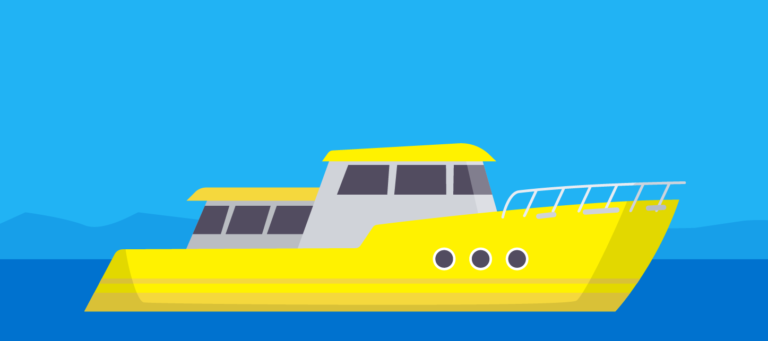There were 87 fatal injuries and about 11,000 nonfatal occupational injuries involving maritime industry workers between 2011 and 2017, according to the U.S. Centers for Disease Control and Prevention. The injury rate is six times higher than for other workers.1 No matter what kind of accident or injury you suffer, it’s important to seek medical treatment, hire a lawyer and, most importantly, complete a maritime accident report as soon as possible.
These are the top reasons why you should file your maritime report immediately:
1. It Protects Your Legal Rights
Once your accident report is filed, a complete record of the accident, injuries, and circumstances of the incident is available. Complete an accident report with your employer immediately after the accident. Do not provide a recorded statement or sign any other documents.
Reporting your maritime injury also provides your lawyer with reliable facts. Under boat accident law, employers in the maritime industry are responsible for covering your basic needs after an injury, including income, medical care, etc. Victims are also assured to get protections under laws such as the Jones Act, the Longshore and Harbor Workers’ Compensation Act (LHWCA), or the Death On the High Seas Act (DOHSA).
2. Your Claim Is Less Likely to Be Denied
Maritime laws are complex. Obtaining compensation under them can be difficult and depends on the circumstances of a maritime accident and other factors. Employers often find any reason they can to reduce or deny the claim. Reporting your injury and obtaining an experienced lawyer helps you fully understand your options and legal rights. A legal representative with experience in the field can prevent your employer from getting out of compensating you.
3. Your Employer Can Act More Quickly to Protect Other Workers
A vessel operator involved in an accident can update warning signage, precautions, and training in response to your incident. Details of your accident helps your employer directly address the causes to minimize the risk of a similar event occurring. This can save them money in the long run and prevent others from being hurt. It also lets the company perform a risk assessment that includes identifying hazards, determining their likelihood of occurrence, and establishing procedures to reduce them as much as possible.
4. Streamlines the Process and Reduces Delays
The sooner you report a maritime accident, the more quickly you can get all personnel and departments informed and involved. Supervisors, captains, HR, and other personnel, including the ship captain, should be notified and provided copies of your report. Your information is then relayed across the chain of command. Your employer will not only believe your story, but may reward your diligence in helping it better deal with potential safety issues. Any delays in this step can reduce your chances of receiving the best compensation.
5. Allots Time for a Second Medical Opinion
After an accident, your employer may require an examination by its own medical staff. While this can get you quick care, the company’s medical team may downplay your injuries so it can compensate you less. The result can be a dangerous misdiagnosis if your injury or illness is more serious. Therefore, always seek the care and advice of an independent medical professional.
Let Maintenance and Cure’s Maritime Lawyers Review Your Case
Maritime accidents may result in head trauma, broken bones, chemical burns, drowning, hypothermia, and slip and fall related injuries. Our lawyers specialize in maritime/boat accident law and are familiar with common causes of preventable injuries including inadequate training, fatigue, drug/alcohol use, poor communication, fires, unsecured cargo/equipment, and weather conditions. Charging a contingency fee and never upfront, our team is committed to making the accident compensation process easier.

To schedule your free confidential case review, including a close look at your maritime accident report, submit your information online, or call 800-836-5830.
Source:







